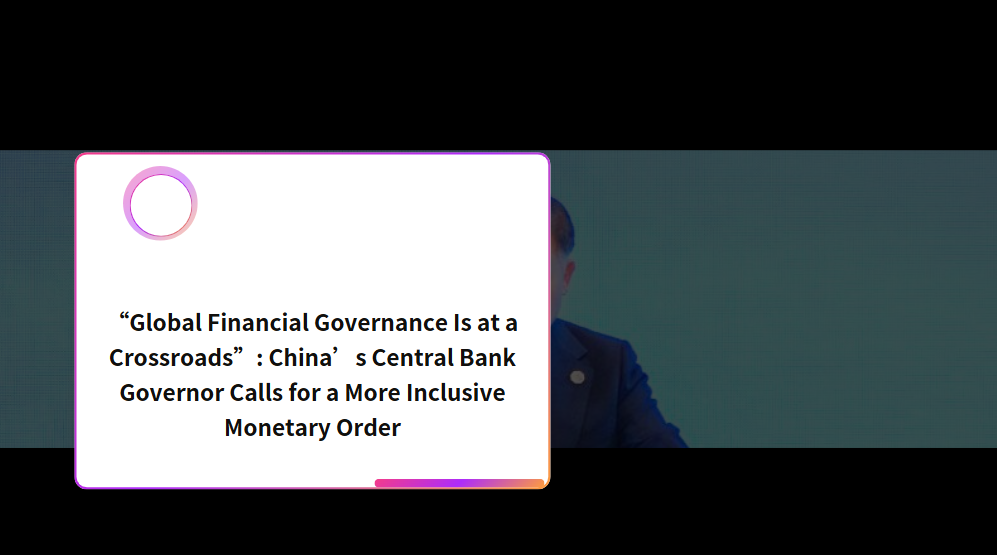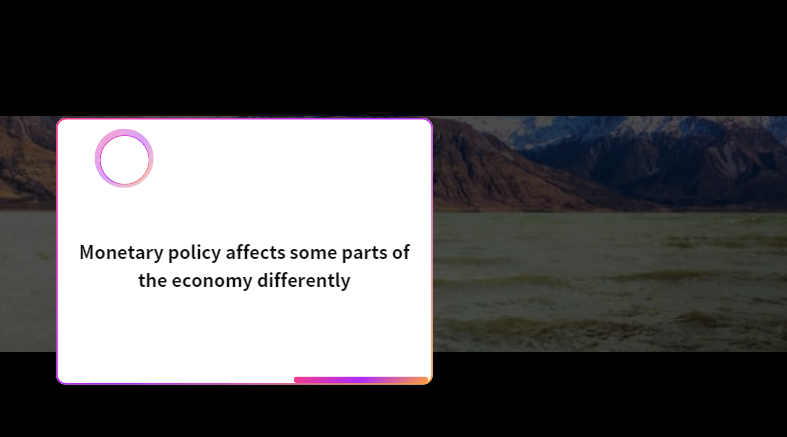Clarity Amid Complexity: Hong Kong’s SFC Outlines Global Vision for Asset and Wealth Management
As geopolitical shifts, digital innovation, and sustainability imperatives reshape global capital flows, Hong Kong's securities regulator has set out a blueprint focused on international connectivity, regulatory certainty, and green transformation.
In a keynote address at the 17th HKIFA Annual Conference, Julia Leung, CEO of the Securities and Futures Commission (SFC), emphasized that Hong Kong's future as an international asset and wealth management hub depends not just on capital market liberalization, but on strategic clarity and global alignment.
“We cannot change the wind, but we can adjust the sails,” Leung said, referencing the complexity of the current macro landscape, from rising interest rates and inflation to demographic headwinds and fragmented geopolitics.

Connecting East and West in a Fragmented World
Leung reaffirmed Hong Kong's role as a “connector” in a bifurcating global order. In 2023, Hong Kong ranked as Asia's second-largest private wealth management hub, with assets under management (AUM) totaling over HK$30 trillion, including more than HK$4 trillion from overseas investors.
Crucially, over 70% of the city's asset management business involves cross-border transactions. “Our open architecture is not just a feature, but a differentiator,” she stated, underscoring recent initiatives such as mutual recognition of funds with the Mainland, and enhancements to the Cross-boundary Wealth Management Connect scheme.
For non-Chinese institutions, this translates into strategic relevance: Hong Kong remains one of the few jurisdictions with regulatory frameworks recognized by both Western and Mainland financial authorities. Amid shifting supply chains and investment patterns, this dual-access capability offers institutional investors a hedge against political risk and market fragmentation.
Green Finance and Data as the Next Catalysts
Leung positioned green finance and digital transformation as the dual pillars for Hong Kong's next phase of capital market development.
The SFC is working closely with the Green and Sustainable Finance Cross-Agency Steering Group to establish a climate information repository and standardized ESG disclosure practices. These measures aim to align Hong Kong with international frameworks like the IFRS Sustainability Disclosure Standards, offering reassurance to global asset owners seeking transparent, comparable ESG data.
“If data is the new oil, regulated ESG data is the refined fuel,” Leung remarked.
In tandem, Hong Kong's regulatory sandbox has enabled licensed fund managers to trial tokenized investment products and green bonds, with the SFC currently reviewing rules to facilitate broader adoption of digitally native funds.
For investors navigating regulatory uncertainty in crypto and sustainable finance elsewhere, Hong Kong's push toward transparency and regulated innovation could be a competitive draw—particularly in contrast to less coordinated jurisdictions.
Regulatory Certainty in a World of Overreach and Underreach
Acknowledging growing global concerns over both underregulation (e.g., in decentralized finance) and regulatory overreach (notably in tech), Leung highlighted the SFC's emphasis on proportionality and predictability.
She pointed to enhancements in the open-ended fund company (OFC) regime and the recent launch of a Hong Kong Dollar-Renminbi Dual Counter Model for ETFs as examples of regulatory agility without sacrificing integrity.
In a world where licensing regimes and enforcement actions can diverge dramatically across jurisdictions, consistent rule application is an increasingly valuable asset. “We aim to provide clarity that allows institutions to plan ahead, not just comply,” said Leung.
Implications for Global Firms: What Should You Watch?
For cross-border banks, insurers, asset managers, and legal and compliance professionals, Leung's remarks signal several actionable themes:
Dual Connectivity: Hong Kong remains uniquely placed for capital and regulatory access to both developed and emerging markets, especially China and ASEAN.
ESG Convergence: Anticipate greater alignment with international sustainability standards—and use Hong Kong's disclosures as a benchmark for APAC operations.
Digital Transition: Monitor the SFC's upcoming guidance on tokenization and digital assets as an indicator of broader regional trends.
Regulatory Predictability: Expect measured but responsive updates to fund structures and distribution mechanisms that support long-term capital formation.
A Navigation Chart for Global Turbulence
In closing, Leung reiterated that the city's vision is not one of scale alone, but of relevance: “We must not only be a bigger market, but a better one.”
As global investors confront fragmentation, liquidity shifts, and rising regulatory complexity, Hong Kong's efforts to provide both “an air traffic controller and a lighthouse”—in her words—may increasingly define its comparative advantage.





















































First, please LoginComment After ~